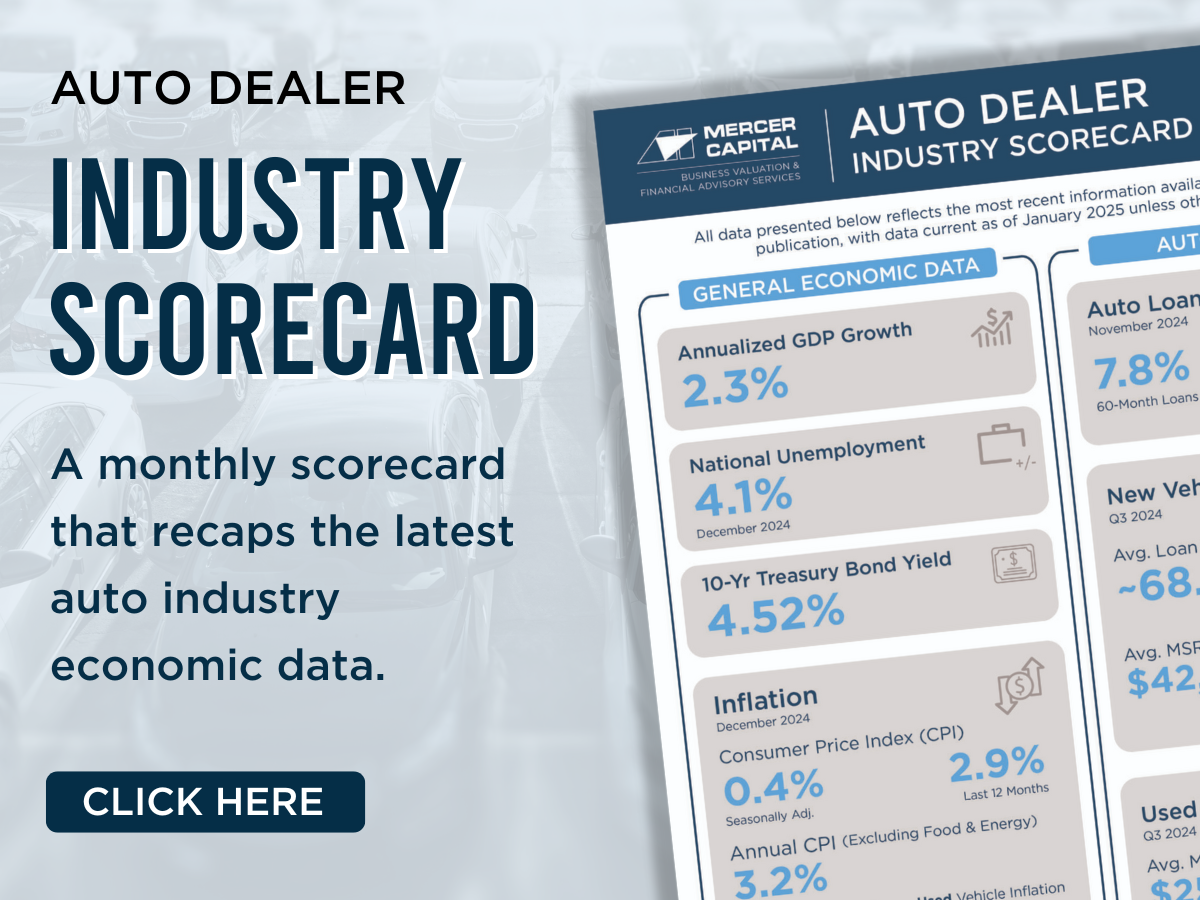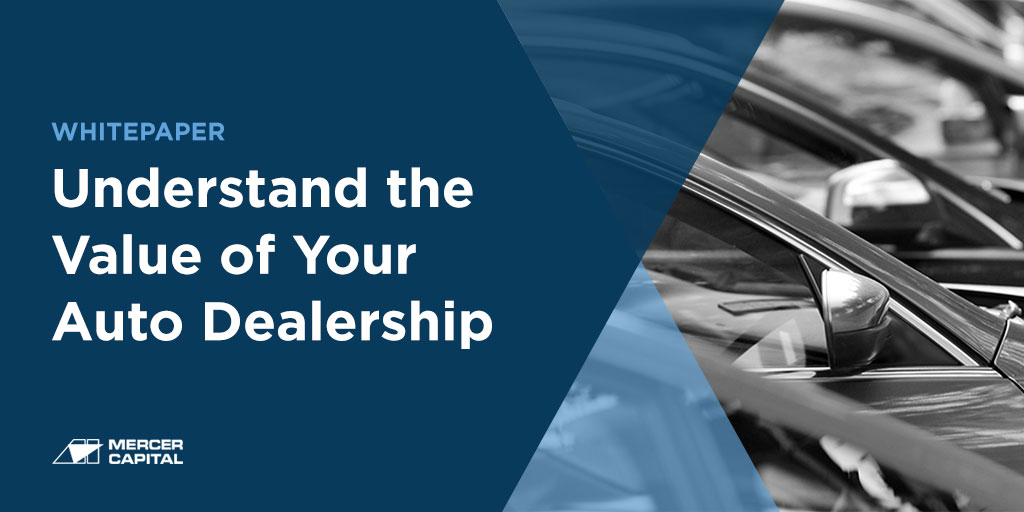2024 NADC Conference Key Takeaways
Scott Womack and I attended the National Association of Dealer Counsel (“NADC”) annual member conference in Napa, California, this past week. The conference took place from Sunday, April 14th, to Tuesday, April 16th, and conference attendees included attorneys, auto dealer principals, in-house counsel, and vendors/service providers like us. It was great to see familiar faces, meet new people, and hear how several auto groups are faring in the current environment.
In this post, we provide a brief list of takeaways from a few of the sessions we attended at this year’s conference. We believe the topics we cover are especially important for auto dealer counsel and their clients to watch during the remainder of the year and beyond.
Session Summaries
The first session began as usual, with Paul Metry, EVP of Public Policy for NADA, giving a legislative update. He was joined by Daniel Ingber and Andy Koblenz, also of NADA, to discuss EV regulations, tax issues, clean vehicle tax credits, and strategic challenges facing the industry. These challenges included Chinese EVs, the evolution of the distribution channel, and policy advocacy in a consolidating market.
FTC Vehicle Shopping Rule (aka Combating Auto Retail Scams “CARS” Rule)
The NADA gave an update on its success in fixing specific issues with this legislation and its ongoing efforts to further help dealers. In tandem with the Texas Auto Dealer Association, the NADA is challenging the rules, which are well-intentioned but overly onerous and unrealistic with how auto dealerships are operated.
The second session from ComplyAuto covered this legislation and what it means for dealers and consumers in more detail. The goal is increased price transparency with a clearly stated “offering price,” but this can become difficult as financing can mean different prices for different individuals, and some consumers want higher trim levels than others. Current legislation also requires the offering price to be disclosed upon the first inquiry about a vehicle, even if the consumer’s question does not revolve around price, which needs to be clarified in the final version of the legislation.
Audit Triggers, Compliance, and Legal Considerations
ArentFox Schiff and Moss Adams teamed up to give possibly the most entertaining session, proving that presentations on compliance don’t have to be boring. They discussed chargeback periods (and differences among states) and attorney-client privilege, among other topics, with a nice dosage of memes and videos to keep the crowd entertained. The biggest takeaway I had was the importance of reading the factory statements. These statements can make an untrained person’s eyes gloss over, but for financial analysts like us, they provide a treasure trove of information and can help refute audit claims.
Electric Vehicles
It wouldn’t be an auto conference without a discussion about the future of EVs. A key question for dealers and manufacturers alike is what emissions requirements will actually be enforced. Sales requirements are to be phased in over time, but given uncertain political winds in an election year, it can be harder to make long-term plans with the two dominant political parties having such disparate views. California’s EV requirements are more stringent than the amended EPA requirements, but each still calls for a significant shift in the usage of fuel-efficient vehicles. While these requirements are not yet imminent, they are looming, though charging infrastructure has been unable to keep up with current levels.
Indemnity Caps in Auto Dealer Transactions
Our friend Alan Haig joined M&A attorneys based in Oklahoma City and Orlando for a session on indemnity caps in auto dealer transactions. There was also some spirited Q&A about whether holdbacks should be such a heavily negotiated part of transactions given the infrequency of exercise. While slowing down a transaction is never ideal, it is important for everyone to understand what they’re agreeing to, and when there is a claim, it can be material. There appeared to be a consensus that it is uncommon for holdbacks not to be paid out in the auto retail space, possibly because strategic acquirers have a good sense of what they’re buying and, therefore, rely less on seller representations than other industries where financial buyers may be more prevalent and where asymmetric information is more common in transactions.
Amazon and Hyundai Partnership (“Clicks vs. Bricks”)
The last session we’ll discuss was the final session of the conference. The topic was the new partnership between Amazon and Hyundai, which came with a cool Superman overlay to the presentation. As the name suggests, this is a question of how the internet (“clicks”) can best be incorporated in the auto retailing space, which has been one of the most resistant retail sub-industries to the shift away from brick and mortar (“bricks”) operations. The takeaway from this presentation is that the partnership is still in the early stages and is currently a dealer-centric approach to online retail. While there are no promises this will remain in further evolutions, Amazon’s foray into auto retail is more of a lead generation funnel than a dealership. As discussed in the presentation, if Amazon wanted to become a dealer, it would have plenty of cash to buy a few dealerships.
Conclusion
In an environment like this, planning ahead is more important than ever. While Mercer Capital can’t help with your dealership’s EV adoption plan or compliance with state laws, we can offer valuation services for transactions, corporate restructuring, and various shareholder lawsuits. We would love to chat about how valuation services could help your business plan and tax strategy. And we’re looking forward to NADC coming to Nashville in October!
 Auto Dealer Valuation Insights
Auto Dealer Valuation Insights 








